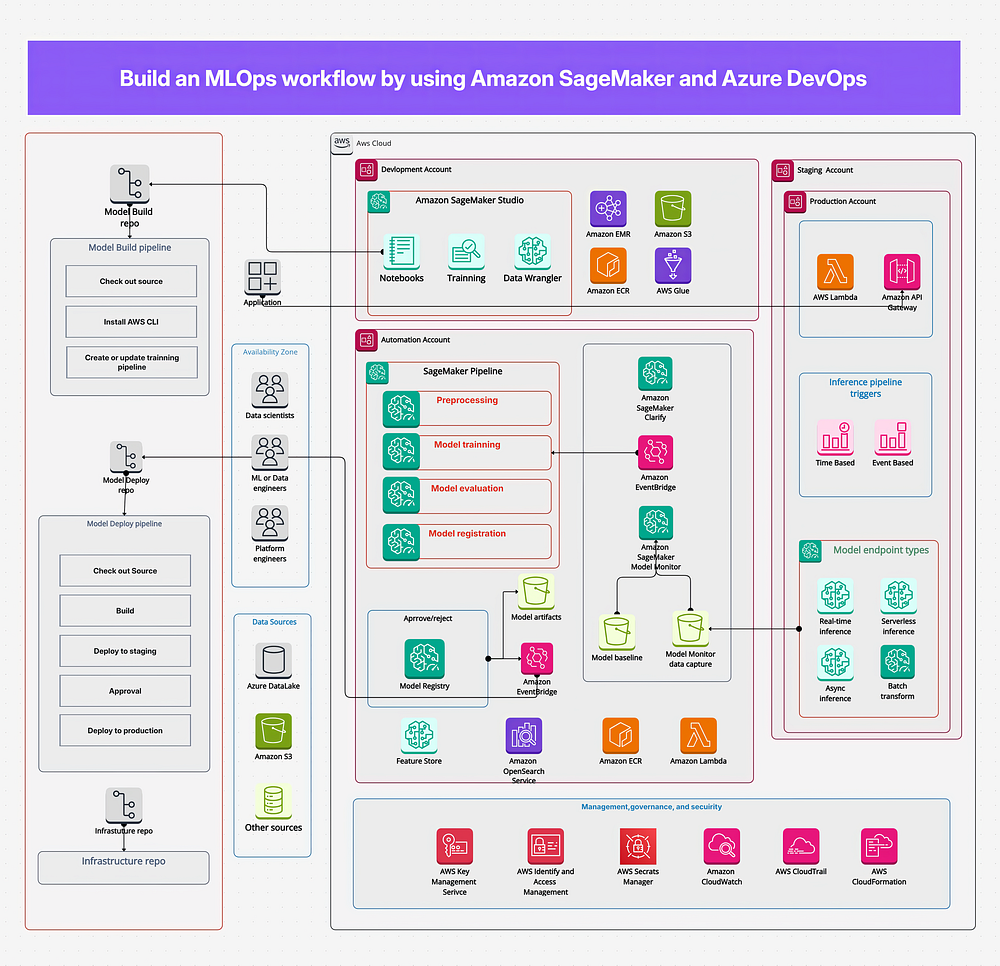Introduction to AI in Government
An AI tool aims to wade through mountains of government feedback and understand what the public is trying to say. UK Technology Secretary Peter Kyle said: “No one should be wasting time on something AI can do quicker and better, let alone wasting millions of taxpayer pounds on outsourcing such work to contractors.
The Digital Assistant: Consult
This digital assistant, aptly named ‘Consult’, just aced its first big test with the Scottish Government. The Scottish Government threw Consult in at the deep end, asking it to make sense of public opinion on regulating non-surgical cosmetic procedures such as lip fillers and laser hair removal. Consult came back with findings almost identical to what human officials had pieced together.
How Consult Works
Consult chewed through responses from over 2,000 people. Using generative AI, it picked out the main themes and concerns bubbling up from the feedback across six key questions. Of course, Consult wasn’t left completely to its own devices. Experts in the Scottish Government double-checked and fine-tuned these initial themes. Then, the AI got back to work to sort individual responses into these categories.
Benefits of Using Consult
When the government compared Consult’s handiwork to human analysis, the AI was right most of the time. Where there were differences, they were so minor they didn’t change the overall picture of what mattered most to people. The current way of doing things is expensive and slow. Millions of pounds often go to outside contractors just to analyse what the public thinks. Consult is part of a bigger push to build a leaner, more responsive UK government—one that can deliver on its ‘Plan for Change’ without breaking the bank or taking an age to do it.
Part of a Bigger AI Toolkit
Consult is part of a bigger AI toolkit called ‘Humphrey’—a suite of digital helpers designed to free up civil servants from admin and cut down on those contractor bills. It’s all part of a grander vision to use technology to sharpen up public services, aiming to find £45 billion in productivity savings. The goal is a more nimble government that is better at delivering that ‘Plan for Change’ we keep hearing about.
Expert Opinions
Stuart Harvey, CEO of Datactics, commented: “Using AI to speed up public consultations is a great example of how technology can improve efficiency and save money. But AI is only as good as the data behind it. For tools like this to work well and fairly, government departments need to make sure their data is accurate, up-to-date, and properly managed. People need to trust the decisions made with AI. That means making sure the process is clear, well-governed, and ethical.
Future Plans
The government runs about 500 consultations every year. If Consult lives up to its promise, it could save officials a staggering 75,000 days of analysis annually. The plan is to get Consult working across various departments by the end of 2025. The Scottish Government has taken a bold first step, and soon, other departments in Whitehall will be using it too – speeding up their work to deliver the Plan for Change.
Conclusion
In conclusion, the use of AI in government has the potential to improve how governments listen, learn, and make policy based on public opinion. With the right precautions and investments in data practices, AI tools like Consult can help build a leaner, more responsive government. As the UK government continues to roll out Consult and other AI tools, it will be exciting to see the impact on public services and the delivery of the ‘Plan for Change’.
FAQs
Q: What is Consult?
A: Consult is a digital assistant that uses AI to analyze public feedback and understand what the public is trying to say.
Q: How does Consult work?
A: Consult uses generative AI to pick out the main themes and concerns from public feedback and sorts individual responses into categories.
Q: What are the benefits of using Consult?
A: Consult can save officials time and money by automating the analysis of public feedback, and it can help build a leaner, more responsive government.
Q: What are the potential risks of using AI in government?
A: The potential risks include biased or unreliable outcomes if the data is messy or poorly handled, and the need for tough safeguards to prevent manipulation.
Q: What is the plan for rolling out Consult?
A: The plan is to get Consult working across various departments by the end of 2025, starting with the Scottish Government and then expanding to other departments in Whitehall.











